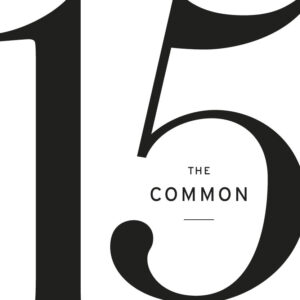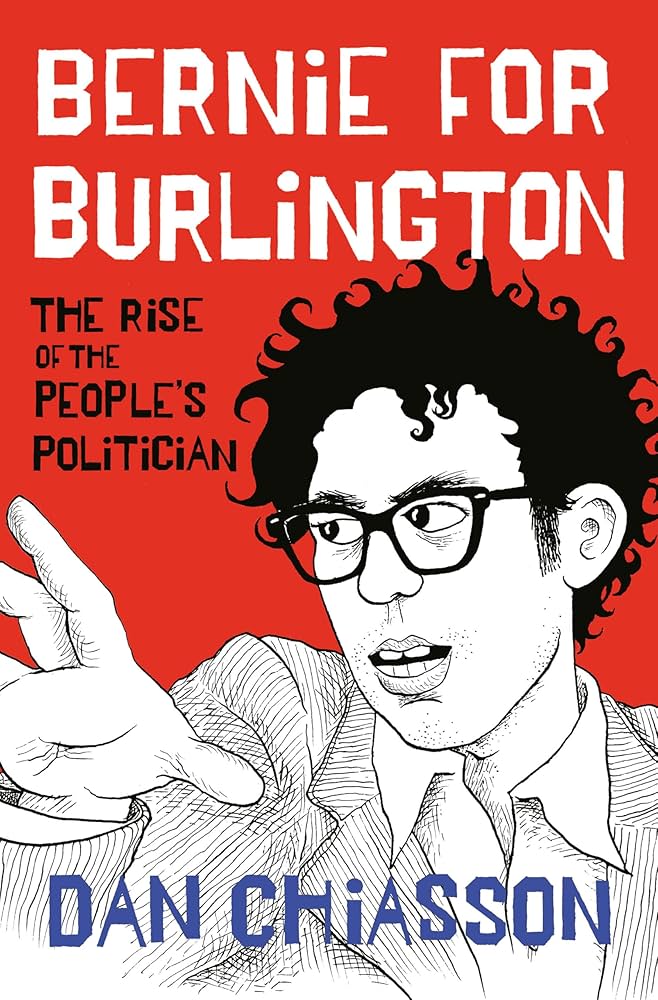By JIM SHEPARD

The Reading Life is a special 15th-anniversary essay series reflecting on close reading and re-reading, written by The Common’s Editorial Board.
I always thought that one of the quieter sadnesses of my father’s life—and there were plenty of noisy ones, even given that everyone, myself included, acknowledged that he was a delight to be around—was his relationship to his own education and to reading itself. Shep—everyone including his kids and his wife called him Shep—only got as far as high school before World War II intervened, and then worked at Sikorsky Aircraft, a company that built helicopters, after returning home. He’d flown ground attack missions in Burma as a dorsal turret gunner in a B-25 and resupply missions as a cargo officer in a C-47 through the Himalayas to China, and the latter missions, referred to as going ‘over the hump’ in flyboy speak, were so lethal that the aircraft and crews suffered a twenty percent loss rate. When he got home, he needed to decompress, what I now realize was his version of PTSD. His account of the seven or eight postwar months in which he just lay around worrying his mother—the details of which always seemed to me to eerily echo Hemingway’s great short story “Soldier’s Home”—always included as a sad self-indictment, “I thought I might read, but I never had the concentration for it.”
Shep resolved early on that I would be the first in our family to go to college. My older brother was fiercely smart and a startling autodidact from toddler-hood, but was agonizingly derailed by a brutal and, for most of his life, undiagnosed mental illness, and that meant that if a Shepard was going to go to college, that left me. Shep was so focused on college for me throughout my childhood that periodically I asked him why he hadn’t gone himself, expecting him to say he couldn’t afford it—I hadn’t at that point heard of the G.I. Bill—but what he said instead always deflated me in the intensity of its unexpected mournfulness: “Oh, I wasn’t really college material.”
He loved the notion of reading, in other words, but never felt either adequately trained or blessed with a natural aptitude for it, no matter how smart or knowledgeable or curious about the world he showed himself to be. He filled the house with books, both because he liked having them around—and told himself he really should devote some time to one at some point—and because he didn’t know much about how to coax a child into college besides A) emphasizing the importance of good grades and B) leaving lots of books around. And because he also figured that if you were going to read books, you might as well learn something, he chose exclusively nonfiction, heavy on the history, natural history, and science.
Given that he was savvy and empathetic enough to register that I would only read what interested me, he was happy to be as flexible as he could in that regard, and so our one little bookcase, in the front hall, never resembled your average middlebrow family’s collection, and visitors passing through on the way to the living room might exclaim “Who’s reading The History of Lycanthropy? Or All About Tornadoes?”
The answer was always Jimmy. I loved reading from the earliest age, both for the usual reason of wanting to find shelter from the shitstorms of family melees and out of a desire that started very early to make myself a more interesting human being, my having intuited that learning about how the world worked might help. As the above titles might suggest, though, I wasn’t exactly working my way through the University of Chicago’s Great Books program. The result was the faintly alarming fringe figure I became: someone who hadn’t studied Plato but had made a study of Gilles de Rais; someone who knew almost nothing about basic economic theory but a shit-ton about the 1938 Nazi expedition that Heinrich Himmler sent to Tibet to find the Yeti.
That exclusivity of non-fiction extended all the way back to my earliest childhood and books about dinosaurs or history, and we also had five or six volumes of a twenty-volume illustrated encyclopedia, so I found my way to poetry and fiction through those, and through movies: I remember a compelling drawing of Hector from the encyclopedia’s H volume leading me to the Iliad and a stunned response to F.W. Murnau’s Nosferatu at the age of six leading me four years later to Bram Stoker’s Dracula. It no more occurred to me that I could become a writer than an astronaut or an angel, but it did occur to me that I could make up and write down all the stories I wanted and no one would bother me about it, and that as an adult I could probably do that in private, however I made a living.
It turned out that college, when I finally got there, offered creative writing classes – how cool was that?—and there I learned about Literature, in ways that were of course both liberating and inhibiting. And as many other slightly askew writers like Karen Russell and George Saunders have recounted, I began by trying to produce my takes on what I imagined to be Acceptable Subjects, with dismal results (my first writing teacher suggested I might have a real facility for poetry, and a bit of a facility for playwriting, and no facility whatsoever for fiction) before at long last in despair I decided that if I was going to fail I might as well fail doing what I wanted to do, so I openly embraced my weirdness to discover that that had long been the only thing that had ever had any hope of setting me apart.
My success as a fiction writer pleased and mystified Shep, who always viewed it with both gratitude, since it was something that apparently had enabled me to land a teaching job—at a college, no less!—and dread, since it was also something that could evanesce at any moment, and he could sense how much it meant to me. He was endlessly proud of the world’s reactions to my fiction, and especially loved when a coworker would extol to him a novel or review. I never knew to what extent he read what I wrote, though—even when I teased him about not having read something – and when I think back on the subject, I flash on another moment at a holiday gathering soon after the publication of my first novel. A family friend talked about how much he liked it, and Shep said something anodyne like “Yes, he did very well,” and the family friend then chided Shep for not having read it. And Shep looked only a little chagrined, like someone had asked why he had never become an acrobat, and allowed as how he was sure it was very impressive, given how many distinguished people had praised it, but that it was not the kind of thing someone with his background could judge. And I realized then that in his eyes I had become the unicorn he had so sought to produce: someone who had, in the most acceptable terms, separated himself from our family’s dysfunction, and by extension our family itself, and him. On some level that extra separation had been terrifying to me, and the best evidence is probably that in my very next novel I tried to use my writing, of all things, to draw closer to him: my protagonist, haunted by the certainty that he could never measure up, confronted the impossible physical and psychological burdens of being a dorsal turret gunner on a B-17. And the result was both what I might have dreamed and a deflating confirmation of the status quo.
I was invited to be the keynote speaker at that year’s national reunion of the Eighth Air Force, in Washington, D.C.—an honor that Shep could hardly believe, and one with such currency in the defense industry that someone at Sikorsky Aircraft hung the poster announcing my speech in the hallway outside Shep’s office door—and still, in the months after all of that was over, when I asked him if I’d done an adequate job of dramatizing the difficulties of handling a dorsal turret in the hurricane of combat, he said I must have done very well, if all of those Eighth Air Force men had been so impressed. And when I pressed but what did he think, he said that there were a lot of people who could be more help with something like that than he could. And of course, up to that point for me, for the full thirty years I’d been alive he had been, in both emotional and intellectual terms, the very definition of help. So maybe that was yet another reason I had turned so obsessively to books: books only occasionally dramatized what families dramatized relentlessly: the way we can so ardently try and fail to be everything for those we love.
Jim Shepard has written eight novels, including The Book of Aron, which won the Sophie Brody Medal for Jewish Literature, the PEN/New England Award for Fiction, and the Clark Fiction Prize, and six story collections, including Like You’d Understand, Anyway, a finalist for the National Book Award and Story Prize winner, and the forthcoming The Queen of Bad Influences. Eight of his stories have been chosen for the Best American Short Stories, two for the PEN/O. Henry Prize Stories, and three for Pushcart Prizes.




